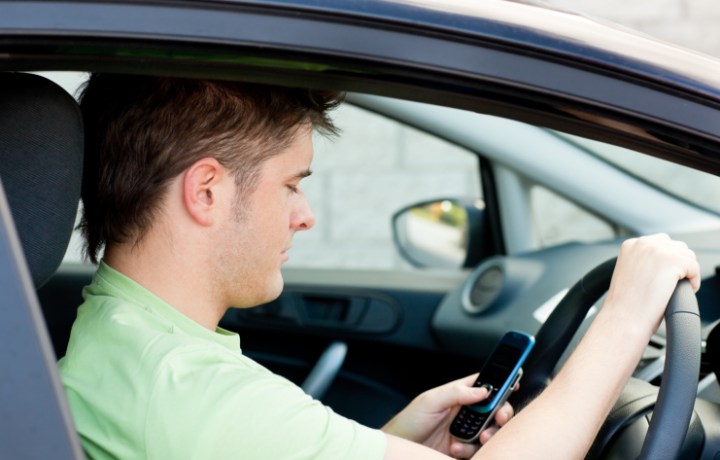
While no previous court cases have found people guilty for sending text messages to drivers involved with accidents, that may change with the Pennsylvania case, according to GeekWire. In the case in question, a woman driving a company truck received text messages from her employer and from her “paramour.” She did not see a motorcycle rider in front of her slowing for a turn and in the resulting crash, dragged him for 100 feet with her truck and killed him.
The plaintiff in the Pennsylvania case, the wife of the motorcycle driver, is suing the truck driver, her employer, and her lover. The driver pled guilty to involuntary manslaughter and served 60 days in jail. Now in civil court the question of liability of the two men who texted the driver is being argued. Can the texters be held liable for damages as well as the driver. The court document for a preliminary hearing for the case outlines the question of text sender liability. According to the GeekWire story, in a previous case in New Jersey, a text sender was not held liable when two people were struck and paralyzed by the vehicle driven by the person who received the text. However, in that case, the question of sender liability was opened and since it is still open for possible appeal, it serves as precedent.
A large part of the burden of proof in the Pennsylvania lawsuit will be whether the two men who texted the woman driver knew for sure or had reasonable expectation that she was driving when they sent her text messages. The case is still pending.
Aside from a specific lawsuit, precedent, or laws, the larger question is text sender liability. How would you feel if someone to whom you sent a text message was in an accident while reading or responding to your message? Whether or not you know someone is driving it can feel bad. But if you know they’re driving and continue to exchange messages, or even just send message for them to read if they’re not answering, now we know that there’s a chance we could be held liable in a court of law if an accident ensues.
While the current case is perhaps going to set precedent, likely the whole issue will be made more complicated by driver-assisted and fully driver-less cars. In the meantime, the safest bet for all is, “Don’t text drivers.”



